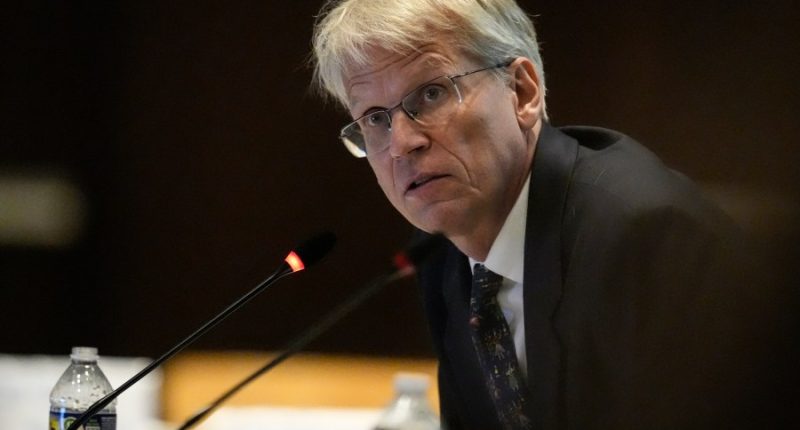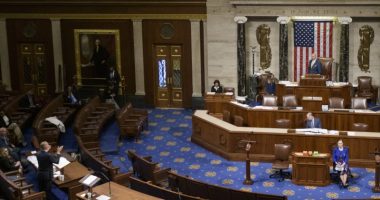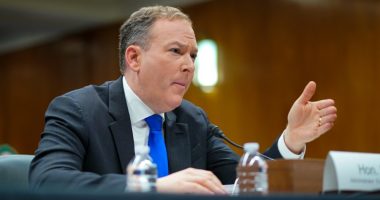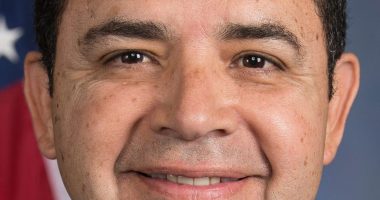Share this @internewscast.com

ATLANTA (AP) — On Thursday, U.S. Health Secretary Robert F. Kennedy reconvened the vaccine advisory committee, which might soon decide on matters concerning autumn flu vaccines and a preservative found in some flu shots that anti-vaccine advocates have wrongly linked to autism.
The Advisory Committee on Immunization Practices is meeting in Atlanta and is anticipated to vote on whether to advocate for a new version of a synthetic antibody that shields newborns from respiratory syncytial virus, or RSV, a common threat to children.
Established over 60 years ago, the ACIP guides the Centers for Disease Control and Prevention on who ought to be vaccinated against numerous diseases, and the appropriate timing for these vaccinations. Their guidance significantly influences insurance coverage for vaccinations and the accessibility of vaccines across various locations.
Kennedy was a leading voice in the antivaccine movement before becoming the nation’s top health official. He fired the previous 17-member panel this month and replaced it with a seven-member group that includes several vaccine skeptics.
At its June meetings, the committee usually refreshes guidance for Americans 6 months and older to get a flu shot, and helps propel the annual fall vaccination campaign.
Presentations prepared for Thursday’s meeting suggest that the panel may do much the same this year. But there’s also a flu-related vote that promises controversy.
It concerns thimerosal, a form of mercury that’s been added to vaccines since the early 20th century to preventing bacterial contamination in multi-dose vials.
Kennedy has long held there was a tie between thimerosal and autism, and also accused the government of hiding the danger. Study after study has found no evidence that thimerosal causes autism. But since 2001, vaccines manufactured for the U.S. market and routinely recommended for children 6 years or younger have contained no thimerosal or only trace amounts, with limited exceptions.
Thimerosal was placed on the meeting agenda shortly after Kennedy’s new vaccine advisory was named last week.
Before the vote, the committee will hear from Lyn Redwood, the former president of what is now known as Children’s Health Defense — an antivaccine group founded by Kennedy.
Some public health experts contend the thimerosal discussion will unnecessarily raise doubt in vaccines while possibly also making them more expensive and harder to get this fall.
At the panel’s meeting Wednesday, Chrissie Juliano, executive director of the Big Cities Health Coalition, lamented the ouster of the former ACIP panel and the agenda of the new one.
Her organization, which represents large city health departments, “is deeply concerned that many routine vaccines may soon become inaccessible or unaffordable for millions of Americans if ACIP makes changes based on ideology rather than science,” she said. “The stakes are simply too high to let that happen.”















